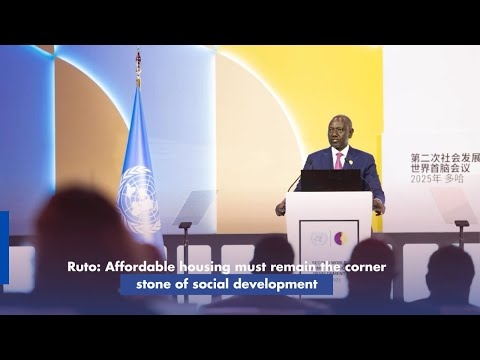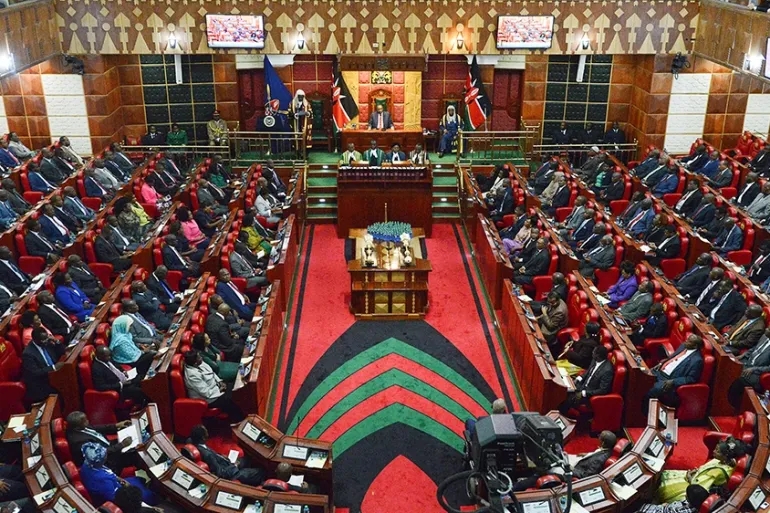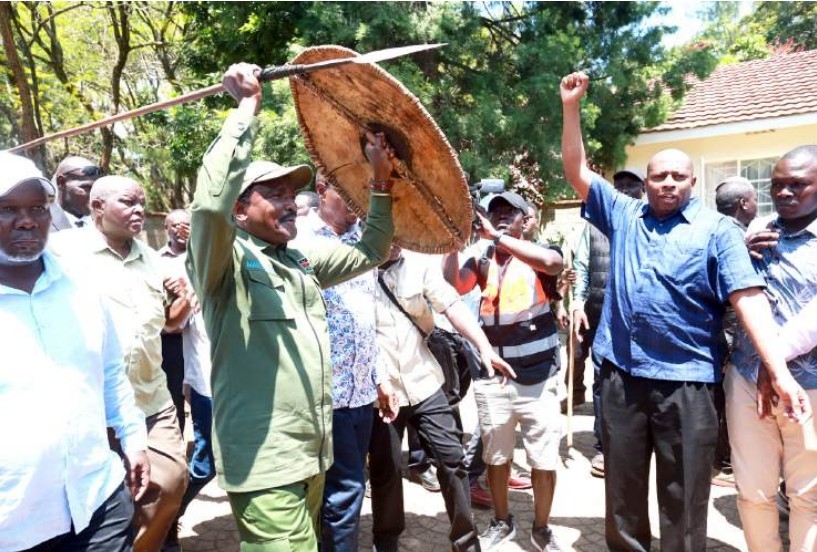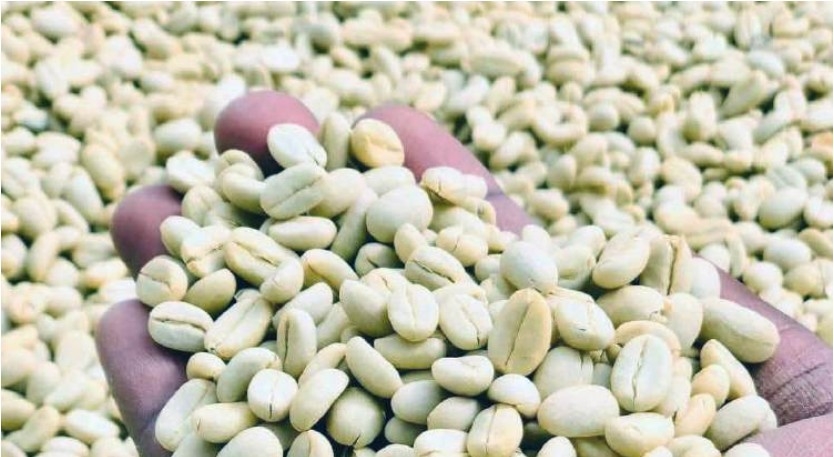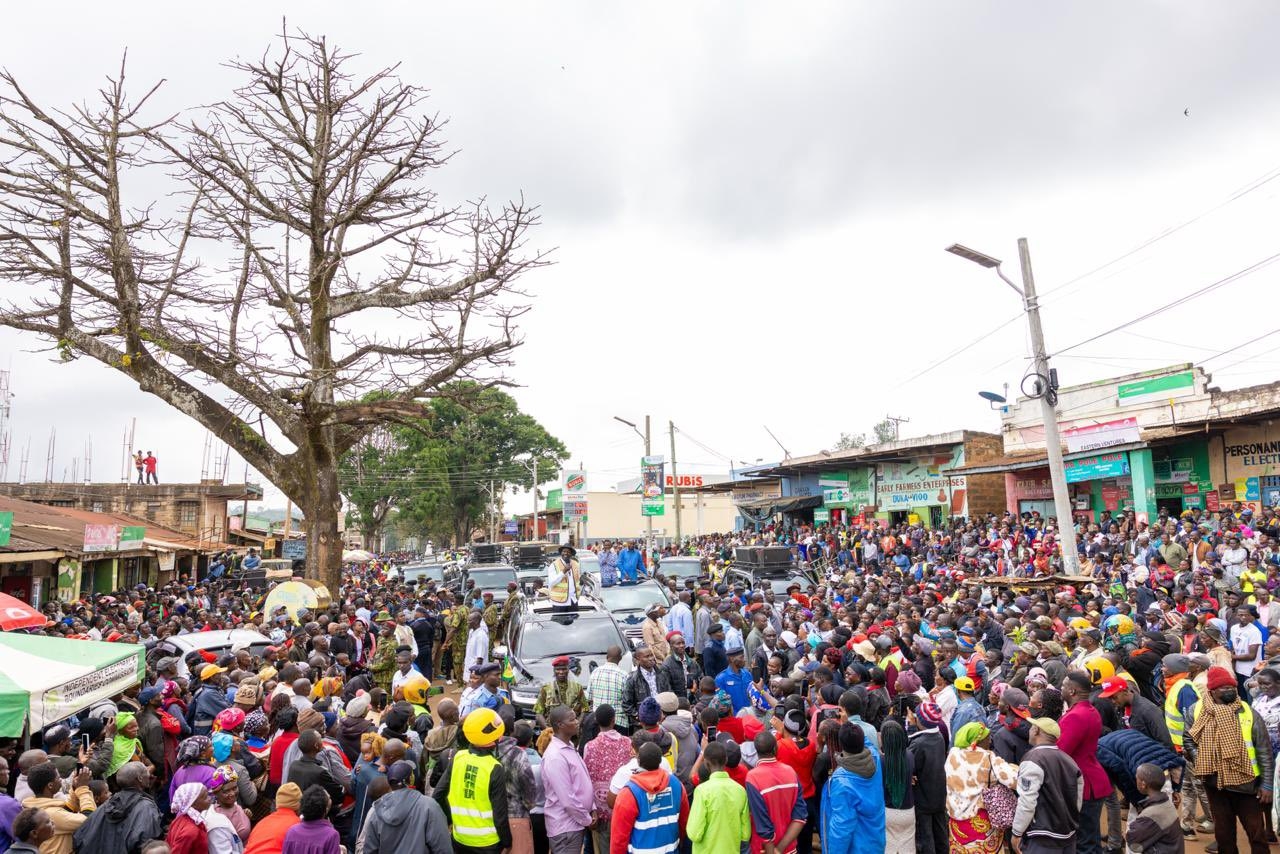
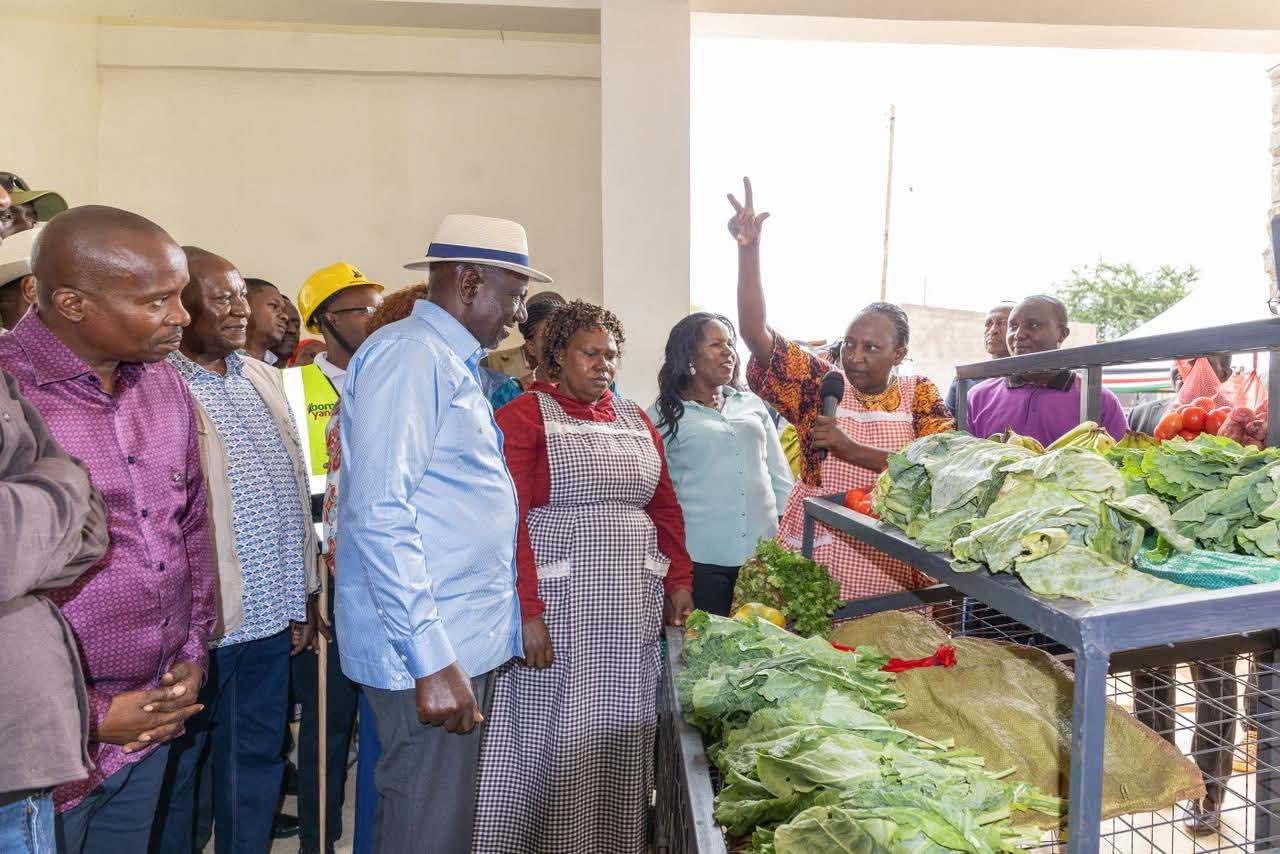 President William Ruto in Makueni, where he launched and inspected over Sh11 billion worth of affordable housing and market development projects./COURTESY
President William Ruto in Makueni, where he launched and inspected over Sh11 billion worth of affordable housing and market development projects./COURTESYMakueni County is witnessing growing economic activity and increased job opportunities following President William Ruto’s visit on Wednesday, where he launched and inspected over Sh11 billion worth of affordable housing and market development projects.
The Affordable Housing Programme has become a significant source of employment in the region.
Across Wote, construction sites are active as youths, women, masons, drivers, boda boda riders, and suppliers secure daily work. Local eateries, food vendors and small traders are also reporting improved business as they provide services to workers on the sites.
Residents say the programme is restoring dignity and stability for families that previously struggled to find a consistent income.
“This project has given many of us a lifeline,” said Esther Makena, a female painter at the Wote AHP site. “For once, we can earn something and support our families.”
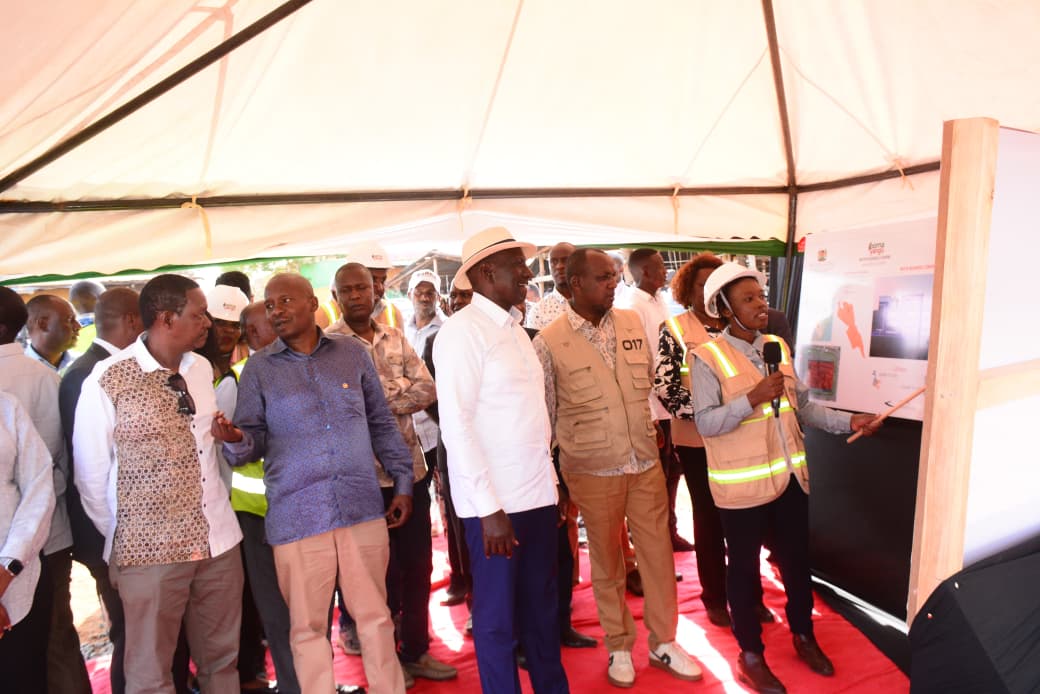
A notable part of the President’s tour was the revival of the Wote Civil Servants Housing Project, which stalled in 1989.
Its resumption marks the first movement in more than three decades and is expected to provide decent housing for government workers while expanding job opportunities for local youth and artisans.
Civil servants who have awaited affordable and secure housing within the county welcomed the restart.
Small-scale traders, many of them women, are also expected to benefit from the construction of 10 modern markets across Makueni. President Ruto officially launched the Sh350 million Wote Modern Market, a facility aimed at providing traders with safer and more organised spaces for business.
“With a modern market, customers will trust us more,” said Mary Mwikali, a fruit seller in Wote. “We can trade without worrying about the sun, rain or insecurity.”
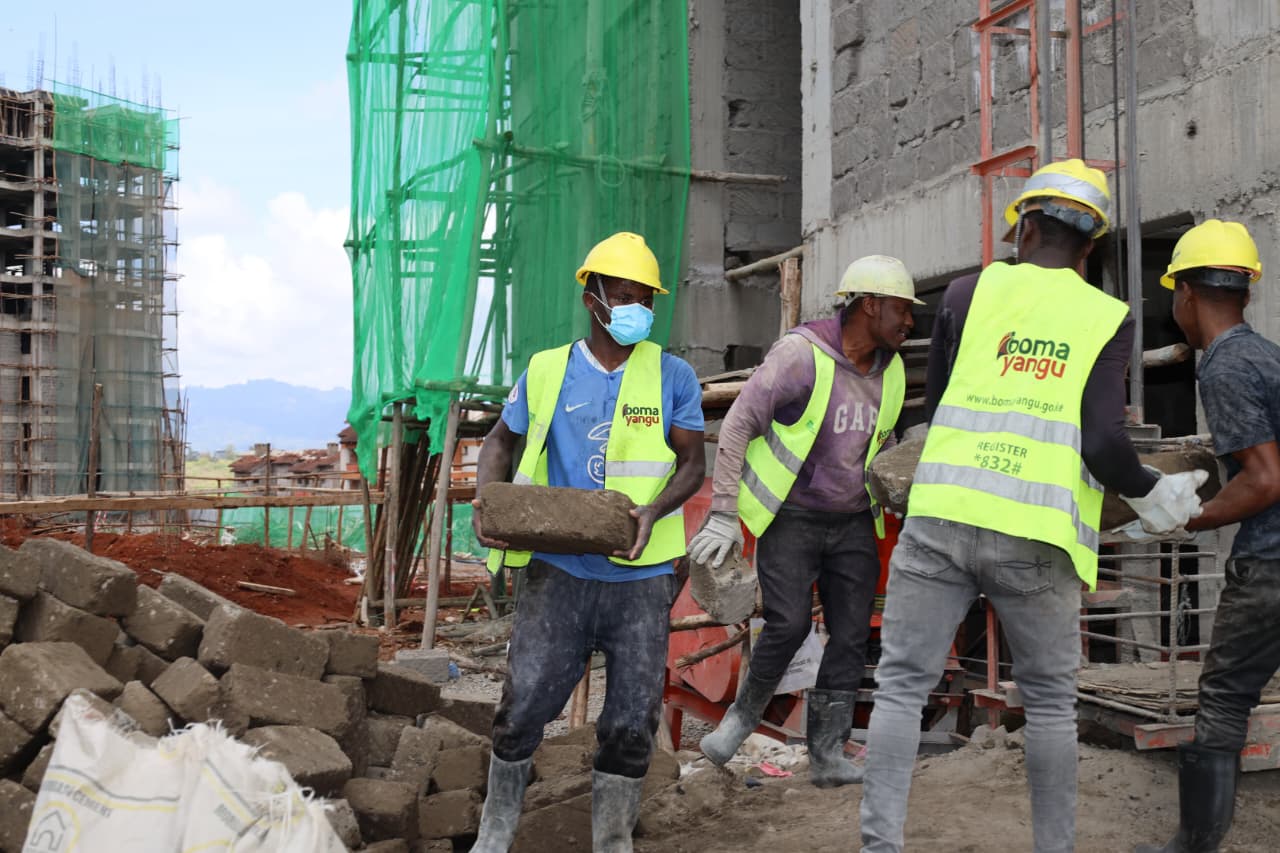 Workers building affordable houses in Makueni/COURTESY
Workers building affordable houses in Makueni/COURTESYUnlike earlier development initiatives that relied heavily on external contractors and labour, the Affordable Housing Programme in Makueni has involved youth, women and local communities in its implementation.
Construction sites have become centres of economic activity where young people gain skills, women supply food and materials, and local businesses sustain operations by supporting the workforce.
This approach has turned the projects into platforms of empowerment, circulating income among hundreds of residents.
Locals have also begun signing up for the affordable housing units through the rent-to-own plan, where they pay a 5 per cent deposit of the total cost of their preferred unit and monthly premiums—or “rent”—as low as Sh3,800 for a studio apartment, with the minimum monthly rate being Sh200.
“I never thought owning a house would be this easy. Now I can pay affordable premiums and eventually own my unit when I finish,” said Muli.
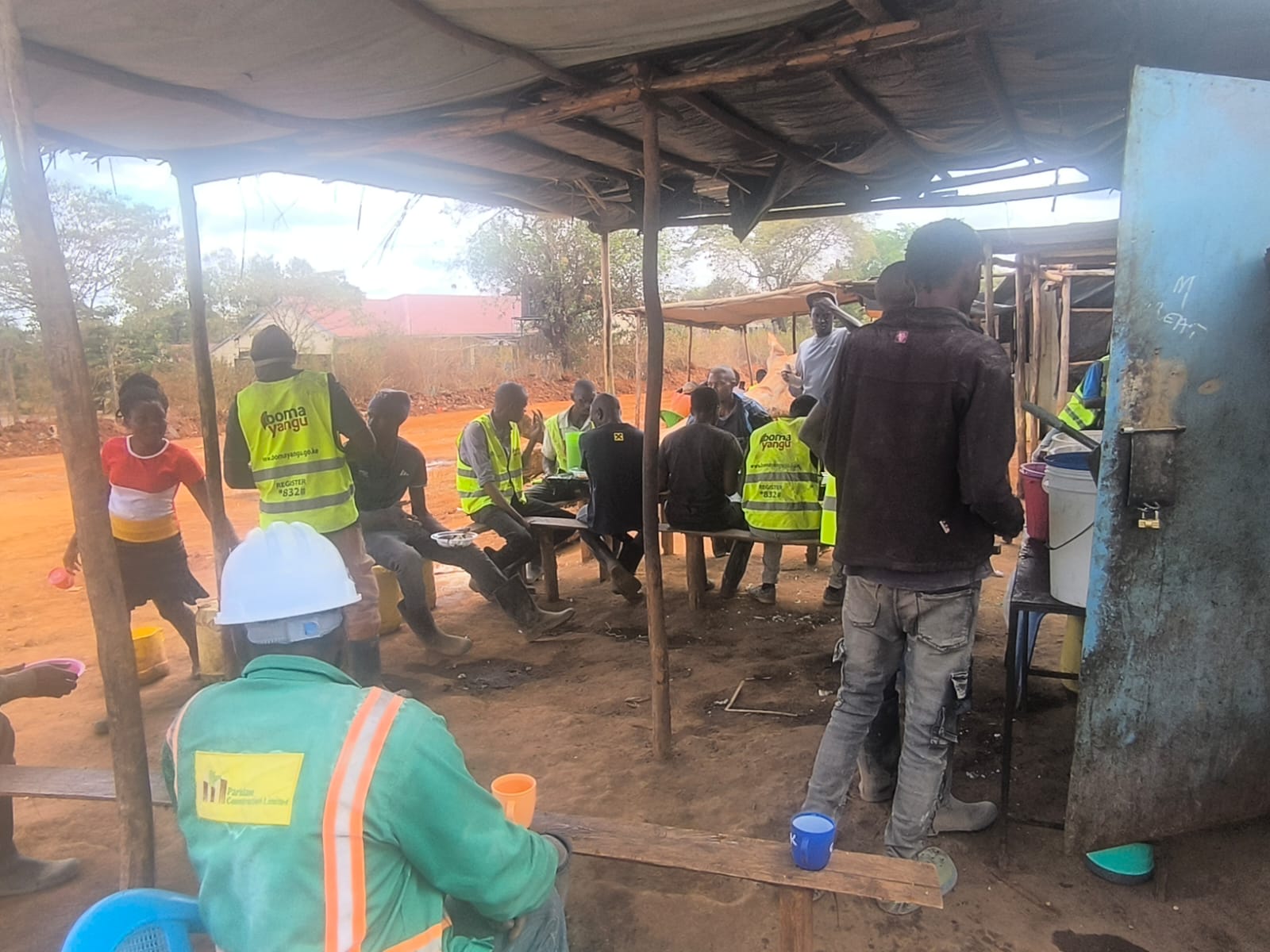 Food vendors outside WOTE AHP; Eastern Region/COURTESY
Food vendors outside WOTE AHP; Eastern Region/COURTESY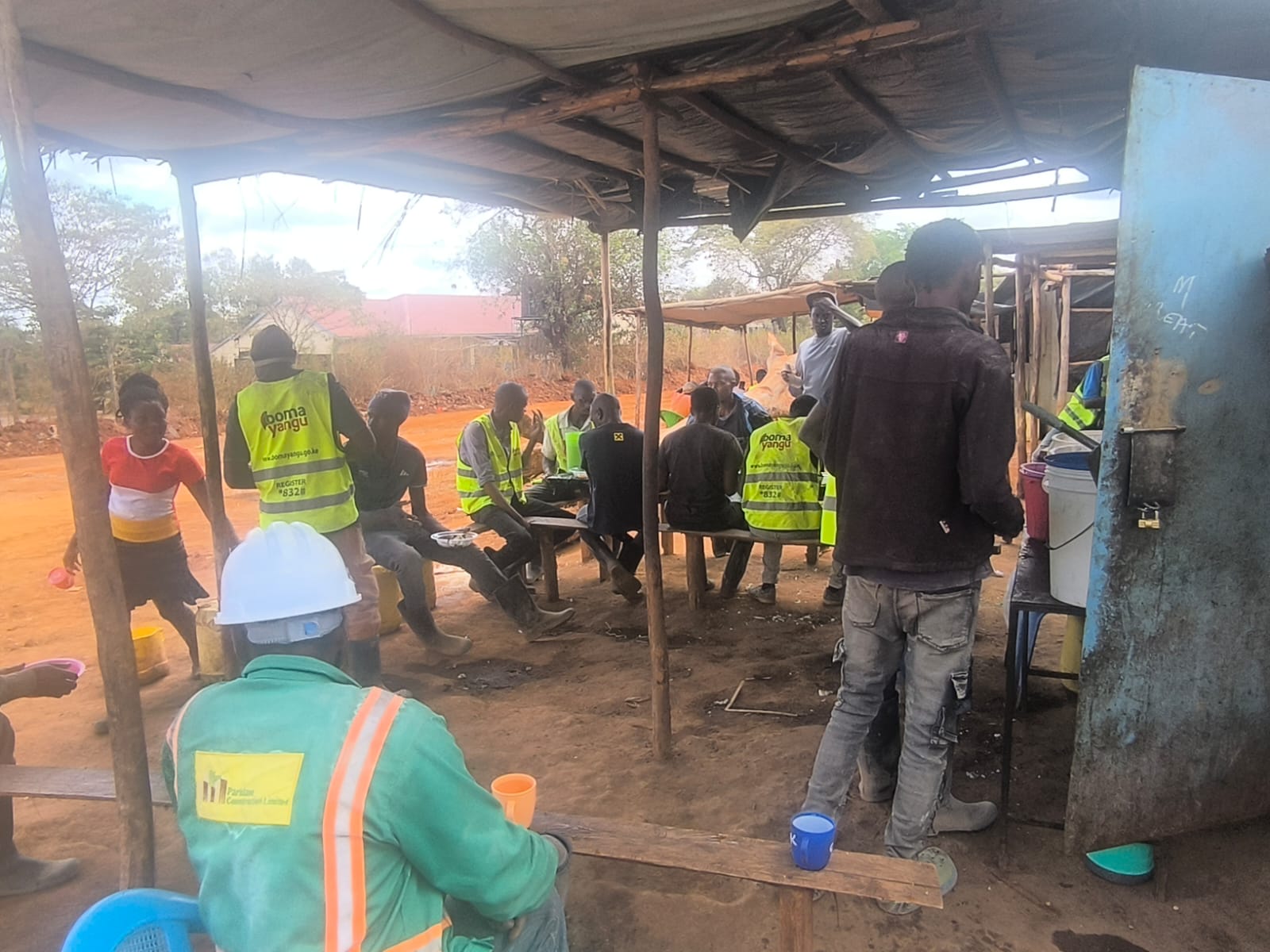 Food vendors outside WOTE AHP; Eastern Region/COURTESY
Food vendors outside WOTE AHP; Eastern Region/COURTESY Food vendors outside WOTE AHP; Eastern Region/COURTESY
Food vendors outside WOTE AHP; Eastern Region/COURTESY

